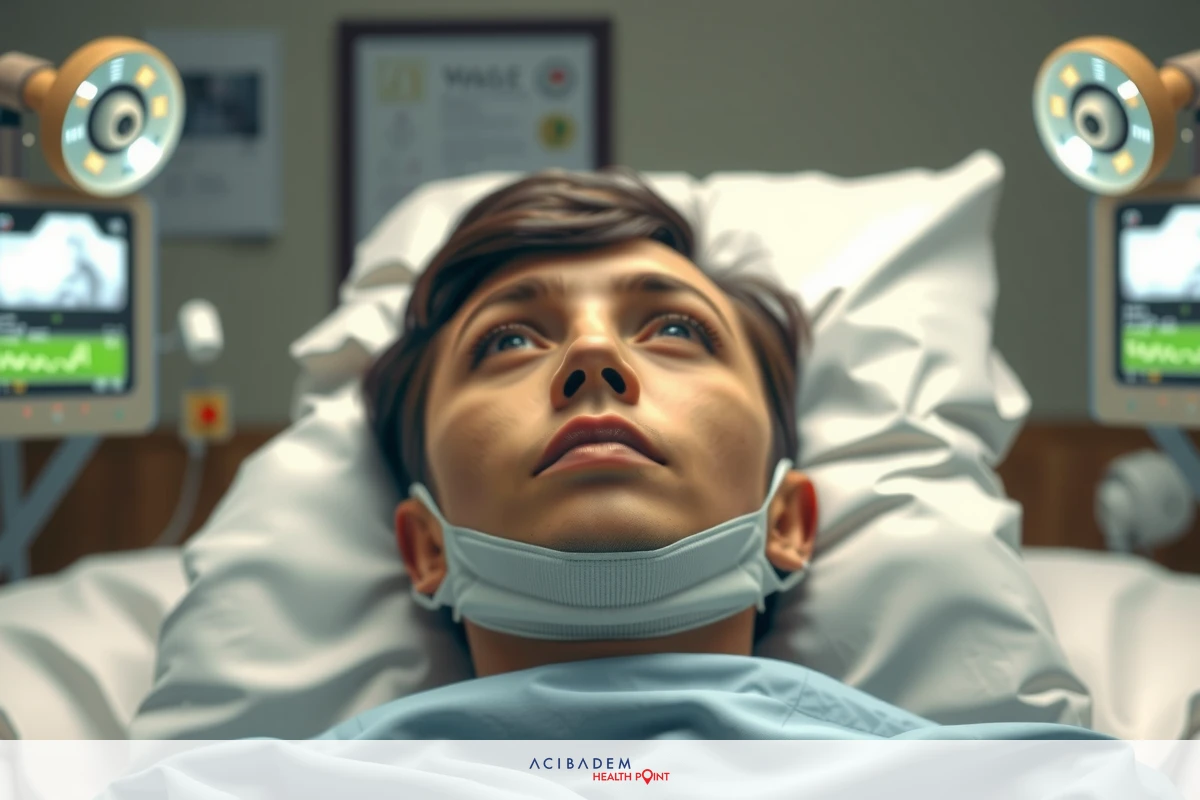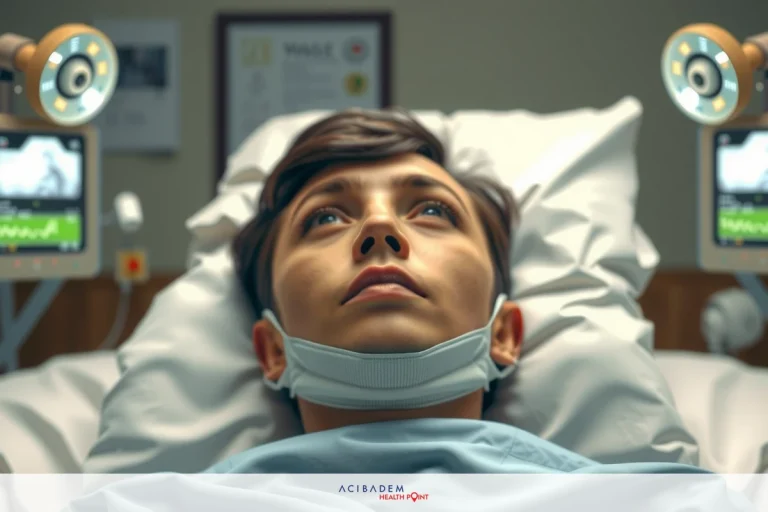Can I Have Rhinoplasty with a Cold?
Can I Have Rhinoplasty with a Cold? Rhinoplasty, commonly known as a ‘nose job,’ is a widespread cosmetic intervention intended to enhance either the aesthetic appeal or functionality of the nose. This operation involves reshaping the bone and cartilage of the nose to achieve desired results. The implications of having a cold prior to this surgery is crucial as it can affect the overall outcome.
Deciding to undergo rhinoplasty requires careful consideration and planning. One important factor that may not immediately come to mind is your health condition at the time of the operation. More specifically, having a cold during your scheduled rhinoplasty procedure could potentially influence the surgical process and recovery period. It’s crucial to consult with your surgeon about any health concerns, including minor ailments like a cold, to ensure a safe and successful procedure.
Understanding Rhinoplasty
Rhinoplasty, informally referred to as a ‘nose job,’ involves a medical intervention focused on altering the form or functionality of the nose. This procedure is typically conducted for cosmetic reasons, but it can also be done to correct a deviated septum or to address breathing issues. Rhinoplasty is considered one of the more complex facial surgeries due to the nose’s intricate structure and central role in facial aesthetics.
The surgery itself involves reshaping the bone and cartilage of the nose to achieve the patient’s desired look or improve functionality. It requires a high level of precision and expertise, making it imperative to choose an experienced surgeon. It’s also crucial for patients to have realistic expectations about the results, as the ultimate goal of rhinoplasty is to enhance facial harmony and ensure proper nasal function.
There are several types of rhinoplasty procedures, including open, closed, revision, and filler rhinoplasties. The choice depends on the specific needs and goals of the patient. Regardless of the type, all rhinoplasty procedures require careful preoperative planning and postoperative care. One significant aspect of this planning stage is considering any potential contraindications for surgery, such as having a cold or other acute illness at the time of operation.
Effects of a Cold on Rhinoplasty
A cold might seem like a minor ailment, but it can have significant implications when it comes to surgical procedures like rhinoplasty. Colds typically involve nasal congestion, which can interfere with the surgery and recovery process. The presence of mucus and inflammation in the nasal passages can complicate the surgical procedure and increase the risk of postoperative complications.
One of the main contraindications for rhinoplasty is active infection, including upper respiratory tract infections like the common cold. Surgeons generally recommend postponing elective surgeries if the patient has an active infection. This precaution is taken because having a cold can compromise the body’s immune system, making it harder for the body to heal post-surgery. There’s also a risk that the cold could turn into a more serious condition, such as pneumonia, due to the stress surgery places on the body.
Having a cold during rhinoplasty can impact anesthesia safety. Anesthesia involves inserting a tube into your throat to help you breathe during surgery, and this process can be complicated if you’re congested. There’s also an increased risk of bronchospasm (constriction of the airways) due to irritation from the tube, which can lead to breathing difficulties during surgery. In summary, while it might seem like a minor issue, having a cold can indeed have far-reaching effects on rhinoplasty outcomes and patient safety.
Consulting Your Surgeon
The importance of consulting your surgeon before proceeding with rhinoplasty, especially if you have a cold or

any other form of illness, cannot be overstated. A thorough consultation allows the surgeon to assess your overall health status and make informed decisions regarding the safety and timing of the surgery. This process is crucial as it helps minimize the risk of complications during and after the procedure.
Surgeons have extensive medical training and experience that equip them to understand how various health conditions, including something as common as a cold, can interact with surgical procedures like rhinoplasty. They would be able to provide clear medical advice on whether it would be safe to proceed with the surgery or if it would be better to postpone until you’ve fully recovered from your cold. Remember, the primary concern is always patient safety.
Consulting your surgeon about having a cold prior to rhinoplasty allows for necessary adjustments to be made in terms of preoperative preparation, surgical technique, anesthesia use, and postoperative care. These adjustments are tailored to ensure that your body can handle the surgical stress and recover effectively despite the presence of an active infection. Hence, a detailed discussion with your surgeon about your health condition is not just advisable but essential for a successful rhinoplasty outcome.
Frequently Asked Questions
Can I undergo rhinoplasty if I have a cold?
It is generally recommended to postpone rhinoplasty if you have a cold or any other active infection. The presence of a cold can increase the risk of complications during and after surgery, as well as hinder the healing process. It is important to consult with your surgeon to assess your health condition and determine the safest course of action.
How long should I wait after recovering from a cold before getting rhinoplasty?
It is advisable to wait until you have fully recovered from your cold before undergoing rhinoplasty. This ensures that your immune system is functioning optimally and reduces the risk of postoperative complications. Your surgeon will be able to provide personalized guidance on when it would be safe for you to proceed with the surgery.
Can having a cold affect the results of my rhinoplasty?
While having a cold itself may not directly impact the final results of your rhinoplasty, it can affect the surgical process and recovery. Nasal congestion and inflammation can make it more challenging for the surgeon to perform the procedure and may lead to prolonged swelling or breathing difficulties during the recovery period.
What are the risks of undergoing rhinoplasty with a cold?
Undergoing rhinoplasty while having a cold can increase the risk of infection, delayed healing, and breathing problems. The presence of mucus and inflammation in the nasal passages can complicate the surgical procedure and hinder proper postoperative recovery. It is important to discuss these risks with your surgeon and follow their advice for optimal outcomes.
Should I inform my surgeon if I develop a cold close to my scheduled rhinoplasty date?
Absolutely. It is crucial to inform your surgeon if you develop a cold or any other illness close to your scheduled rhinoplasty date. Your surgeon needs to be aware of your health condition to make an informed decision regarding the safety and timing of the surgery. They may recommend rescheduling the procedure to ensure the best possible outcome and minimize the risk of complications.











